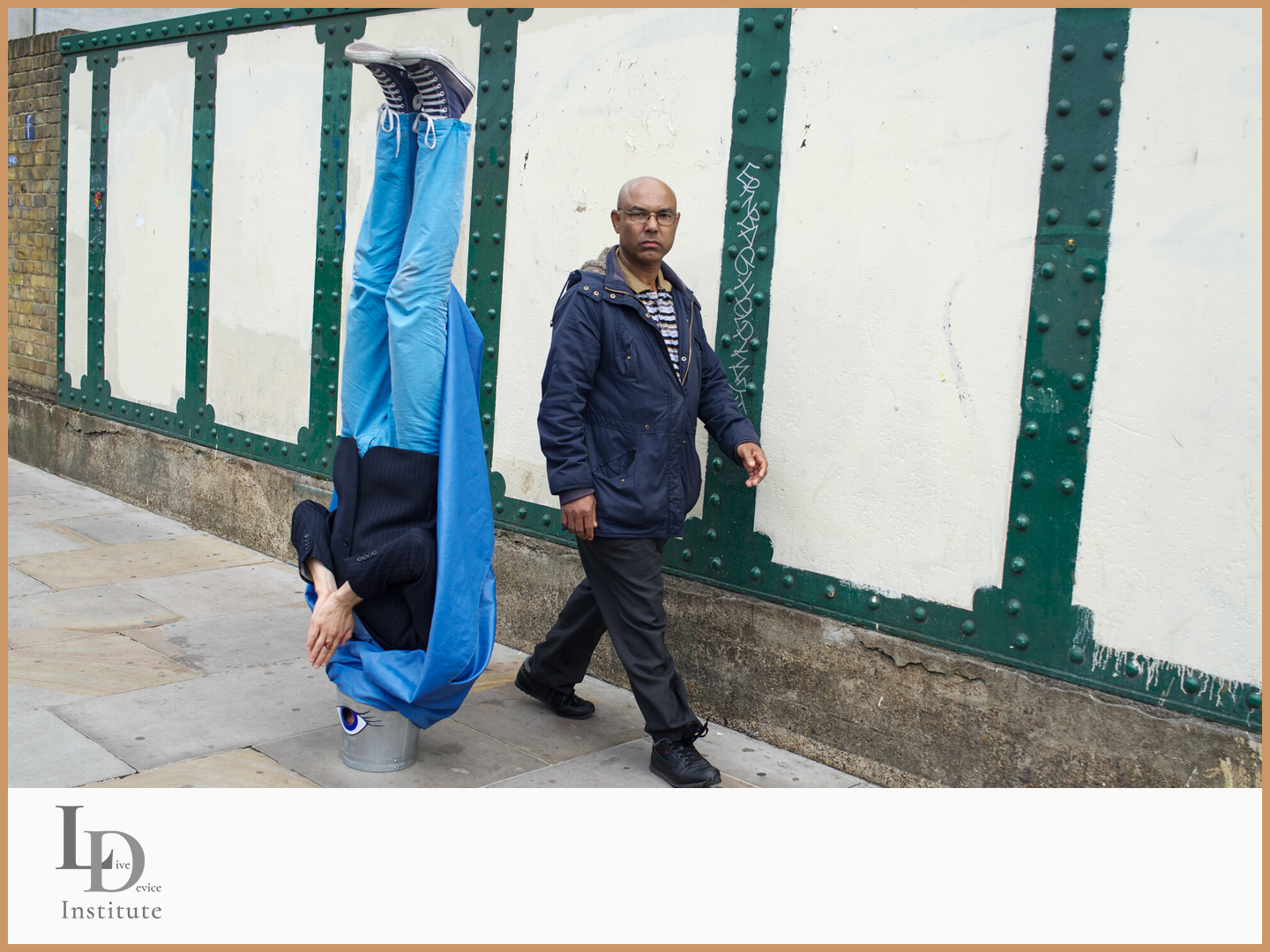
VERANSTALTUNGSKALENDER
Weekly classes for male students of the LiveDevice School
LIVEDEVICE INSTITUTE-ONLINE Schönbrunner Str. 121, Wien, АвстрияClasses are organised in the format of an active discussion of the possibilities of applying the approach using examples from the daily activities and practice of students.
Dialogue with Oleg Bokachov. Topic: Love and status.
LIVEDEVICE INSTITUTE-ONLINE Schönbrunner Str. 121, Wien, АвстрияHave we ever felt that love of someone is killing us? Or, if it does not kill, it annoys or unnerves?
How so? After all, this is love! Then why is it so wretched? And what can we do to make everything right?
Weekly classes for female students of the LiveDevice School
LiveDevice Institute - ONLINE Schönbrunner Str. 121, Wien, АвстрияAt regular LiveDevice School classes, participants receive living technologies to solve the most frequently occurring questions and problems and discover aspects of life that were previously unknown to them or that they did not pay attention to.
Weekly classes for male students of the LiveDevice School
LiveDevice Institute - ONLINE Schönbrunner Str. 121, Wien, АвстрияClasses are organised in the format of an active discussion of the possibilities of applying the approach using examples from the daily activities and practice of students.
Dialogue with Oleg Bokachov. Topic: What Were You Thinking?
LIVEDEVICE INSTITUTE-ONLINE Schönbrunner Str. 121, Wien, АвстрияWe often hear this question. In Russian it sounds even more expressive “What were you thinking with?” implying that thoughts can come through other parts of the body. But we either do not receive an answer to this question, or are too embarrassed to voice it.
Somehow we know that, depending on what we are thinking with, we can think of different things.
What can we think with and about what?
Weekly classes for female students of the LiveDevice School
LiveDevice Institute - ONLINE Schönbrunner Str. 121, Wien, АвстрияAt regular LiveDevice School classes, participants receive living technologies to solve the most frequently occurring questions and problems and discover aspects of life that were previously unknown to them or that they did not pay attention to.
Weekly classes for male students of the LiveDevice School
LIVEDEVICE INSTITUTE-ONLINE Schönbrunner Str. 121, Wien, АвстрияClasses are organised in the format of an active discussion of the possibilities of applying the approach using examples from the daily activities and practice of students.
Dialogue with Oleg Bokachov. Topic: Selfless Evil and Selfish Good
LiveDevice Institute - ONLINE Schönbrunner Str. 121, Wien, АвстрияWe often note in hindsight that in a given situation we behaved rather inadequately. But when the situation repeats itself, we again behave in the same way as before. Simply being aware of this problem is clearly not enough.
What can we do to make sure we are adequate?
Weekly classes for female students of the LiveDevice School
LIVEDEVICE INSTITUTE-ONLINE Schönbrunner Str. 121, Wien, АвстрияAt regular LiveDevice School classes, participants receive living technologies to solve the most frequently occurring questions and problems and discover aspects of life that were previously unknown to them or that they did not pay attention to.
Weekly classes for male students of the LiveDevice School
LiveDevice Institute - ONLINE Schönbrunner Str. 121, Wien, АвстрияClasses are organised in the format of an active discussion of the possibilities of applying the approach using examples from the daily activities and practice of students.
Dialogue with Oleg Bokachov. Topic: How to be adequate
LIVEDEVICE INSTITUTE-ONLINE Schönbrunner Str. 121, Wien, АвстрияWe often note in hindsight that in a given situation we behaved rather inadequately. But when the situation repeats itself, we again behave in the same way as before. Simply being aware of this problem is clearly not enough.
What can we do to make sure we are adequate?







